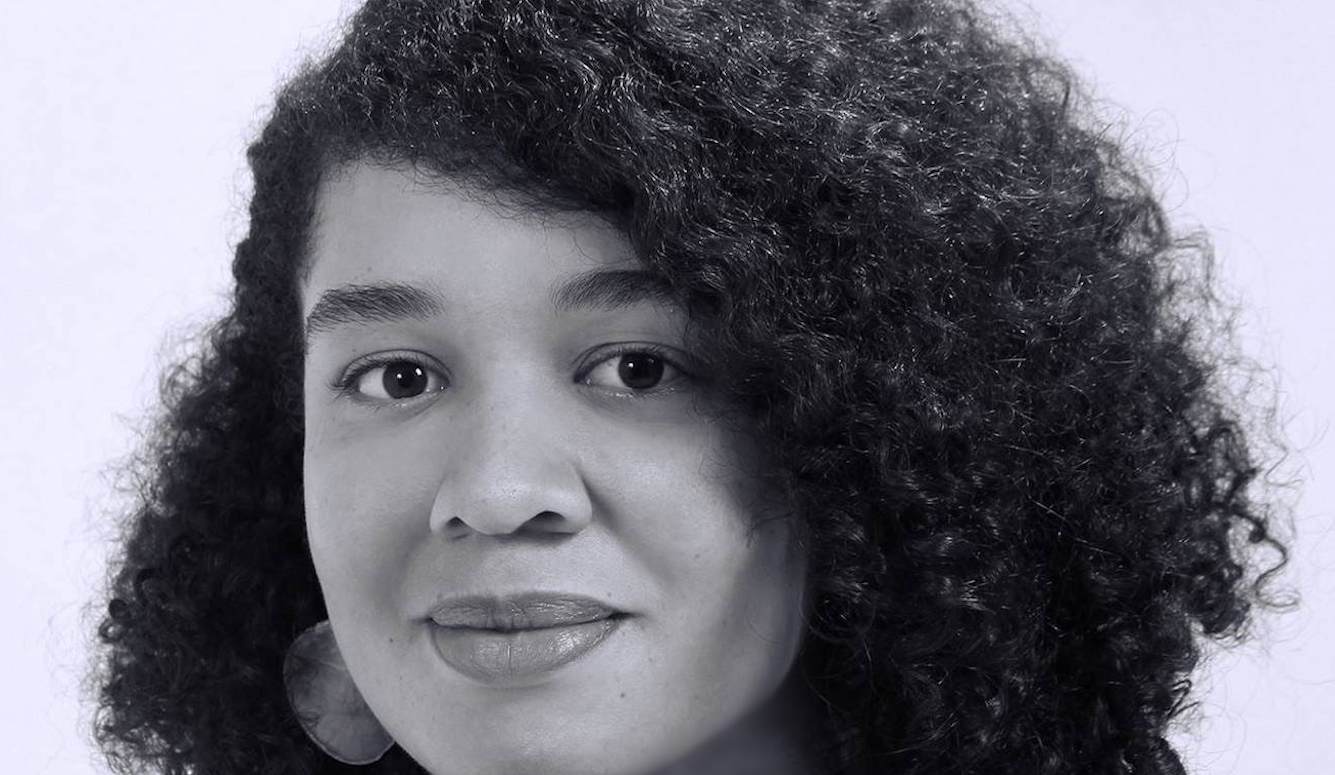Feminism
I’m Not a Feminist—Even Though I Attend a Women's College
Feminism is purported to be a movement towards equality. Fair enough. Most reasonable people support that.

As a student at Barnard College, one of the few women’s colleges in America, identifying as a feminist is de rigueur. Just like lamenting the cost of tuition or complaining about dining hall food, feminist ideology is a hallmark of the conversations here. Yet, I adamantly shun the contemporary feminist movement that sweeps liberal arts campuses like mine, and you should too.
Feminism is purported to be a movement towards equality. Fair enough. Most reasonable people support that. But feminism manifests itself differently; instead of the focus on rights and equal opportunity, it is on personal victimhood, political correctness, and attacking others. And, as with all movements, the parameters of feminism are defined by the loudest voices. It is this dominant ideology that I cannot associate myself with.
Contemporary feminism inculcates adherents into a cult of victimhood and exquisite vulnerability—it panders to women’s traumas and teaches them that they have been victimized solely because they are female. Women’s only sin? Living in a world dominated by the patriarchy. The remedy, especially for college students? Trigger warnings, safe spaces, overblown statistics on assault, intolerance of dissent and vitriolic attacks on men.
***
I was once an obedient soldier in the crusade against the patriarchy. My indoctrination into the feminist orthodoxy began when I was 15 and still in high-school, while taking classes at Cleveland State University. I signed up for Women’s Studies courses, and after reading books written by feminist luminaries like Gloria Steinem, I was hooked.
In one year, I took three Women’s Studies classes. My professors taught me that, because I was a woman, I was victimized and oppressed. Prior to enrolling, I did not see myself that way. Students were told that we are supposed to be angry. Rage was a “normal” reaction. To dismantle the systems of oppression, confrontation was required. For me, and many of my peers, these classes made us feel heady with righteousness. The more strongly we identified with these feelings, the closer we came to a sense that liberation was possible. My growing awareness and attachment to the feminism movement felt powerful, exhilarating, and even erotic.
Yet, after a while, I became disillusioned. Mentioning anything that didn’t support the notion that females were unilaterally oppressed would be akin to blasphemy. Offer a more nuanced reading of the pay gap? Traitor! Bring up the topic of males who suffer violence? That doesn’t matter! Suggest that the term “rape culture” is inflammatory and doesn’t reflect reality? Off with your dick!

In an exquisitely dazzling climax to one of my classes, after weeks of throbbing tension between the (white) professor and an outspoken (black) female student, the student accused the professor of being racist. (In contemporary intersectional feminism, notions of class and race are collapsed into the struggle for gender liberation). The student claimed that the professor was singling her out for inappropriate use of her laptop because she was black. Instead of defusing the student’s accusations, (as was her responsibility as an adult and teacher) something extraordinary happened. In a paroxysm of indignation, the professor defended herself by saying that it was she that had experienced “the most” oppression in life, since she “once was a woman in the STEM field.” The professor then claimed she could not have been racist, because she was “from Italy.” Some students joined the argument, taking sides. Tears were shed. The professor lost control of the classroom. What began as a midterm day devolved into a match of Oppression Olympics.
***
I did not set out to attend a women’s college. However, as a first-generation student from a welfare household, I was on the hunt for colleges with generous financial aid. Barnard fit the bill. I brushed off my prior uncomfortable entanglements with feminism (or “social justice,” the more inclusive term), and gave it another chance at Barnard. However, not only did the same paradigms manifest themselves that I saw in my classes at Cleveland State, in fact, it was worse. The overarching narrative of victimhood and vulnerability pervaded itself through all parts of campus life, from the school newspaper to the conversations I had with other students.
My first week, for example, I was warned never to go to “East Campus”—the Columbia University residence hall where “all the rapists live.” [It is important to note that Barnard and Columbia share a campus and have intertwined academics] Men were all potential rapists, especially Columbia men. When I brought up the fact that I was probably more likely to be assaulted while in my urban home neighborhood than on the pristine Columbia campus to a friend, I was told I was definitely wrong. “Columbia protects rapists,” and “rapists live here,” I was told. My rebuttals and questions fell on deaf ears.
In keeping with the paradigm of victimhood, students here often volley the question to peers: Should I report my professor for not using a trigger warning? For being classist? Unfortunately, some students feel so vulnerable that when a professor says something even marginally offensive, the immediate solution is to tell an administrator. Nevermind trying to solve the problem yourself. Nevermind thinking about the potential consequences of alleging wrongdoing, especially towards adjunct professors who do not yet have permanent employment in these institutions.
This dynamic manifests itself in student to student interactions as well. While the Resident Assistant’s primary duty is to ensure the wellbeing of students, I have seen them used as ‘higher-ups’ for students to deal with roommates who express controversial opinions or who fail to follow the conventions of political correctness. In the name of social justice, the loudest feminists (which are the minority that give the majority a bad reputation) often seem to be the ones that viciously attack dissenters, hush the concerns of men, and focus resolutely on the plight of women. If attacking someone through Facebook isn’t satisfying enough, there’s always an administrator or higher up to complain to.
Let no-one get the wrong idea: I don’t support racism, sexism, homophobia, and all of the other forms of oppression. Freedom and equality under the law is not a lofty goal, it is common sense. Since I am a woman, I should be a feminist. But I can’t explicitly identify myself as a feminist without adopting the baggage that comes from these perceptions. Identifying with a movement whose loudest voices stress vulnerability and injustice feels empowering in the moment. But I have come to the view that it is self-defeating in the end.






